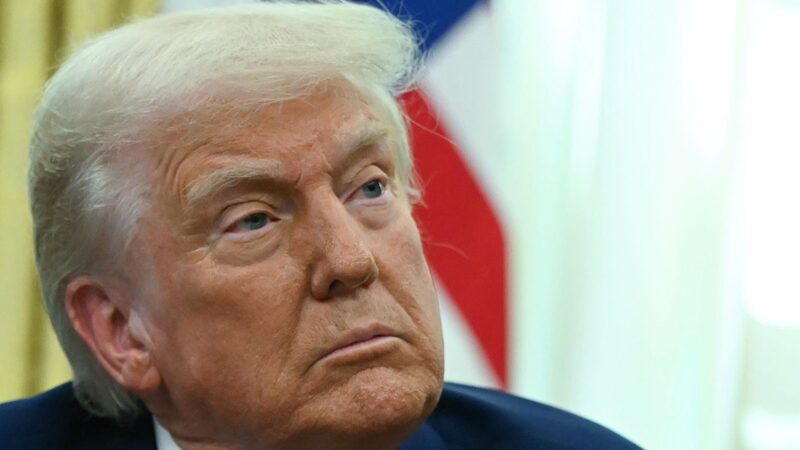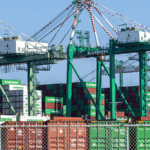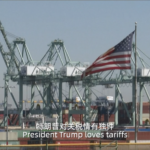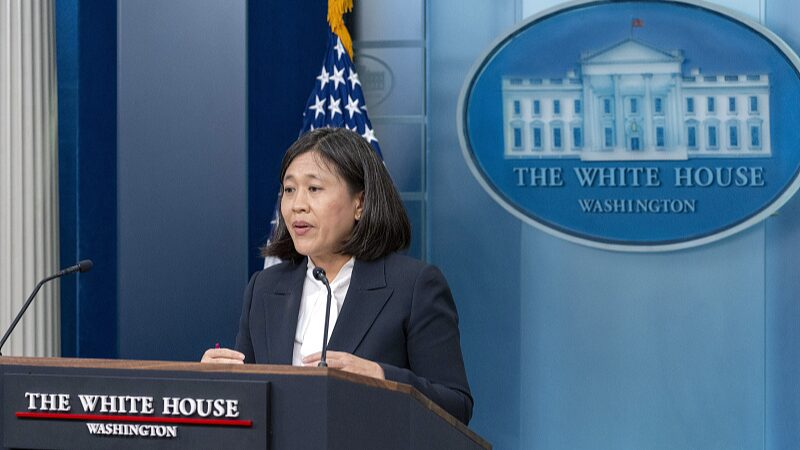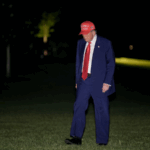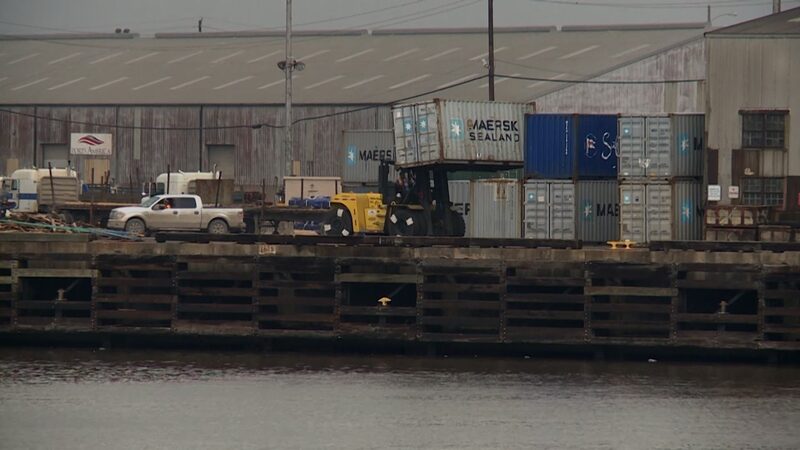The Trump Administration’s aggressive tariff policies, designed to reshape global trade in America’s favor, are facing mounting criticism as economists and analysts warn of unintended consequences. While the strategy aims to leverage U.S. economic dominance to renegotiate trade terms, experts argue it risks accelerating the nation’s isolation amid shifting global alliances.
A High-Stakes Gamble on Economic Leverage
The administration’s approach rests on the belief that tariffs can pressure trading partners to concede to U.S. demands, protect domestic industries, and reduce trade deficits. However, critics highlight flaws in this logic. "Trump thinks America is the largest economy and has all the leverage. So he wants to be alone — or make America alone. Even in this regard, the relationship with American allies," said Yuqing Xing, a professor at the National Graduate Institute for Policy Studies in Tokyo, during an interview with CGTN’s BizTalk.
The Cost of Isolationism
As traditional allies like the EU and Japan pursue regional trade agreements and multilateral platforms such as the Comprehensive and Progressive Agreement for Trans-Pacific Partnership (CPTPP), the U.S. risks exclusion from emerging economic blocs. Retaliatory tariffs from trading partners have further strained diplomatic ties, complicating efforts to build cohesive strategies on shared challenges like supply chain resilience and climate policy.
A Shifting Global Landscape
Meanwhile, Asia’s economic integration continues to deepen. The Regional Comprehensive Economic Partnership (RCEP), which includes 15 Asia-Pacific countries, has created the world’s largest trade bloc, fostering supply chain collaboration and reducing dependence on U.S.-centric trade models. Analysts suggest these developments could marginalize U.S. influence in critical markets, particularly as businesses diversify sourcing and investment to avoid tariff-related disruptions.
While the long-term impact of U.S. tariffs remains uncertain, the immediate effect appears to be a global pivot toward alternatives to Washington-led trade frameworks — a trend that could reshape economic power dynamics for decades.
Reference(s):
cgtn.com

